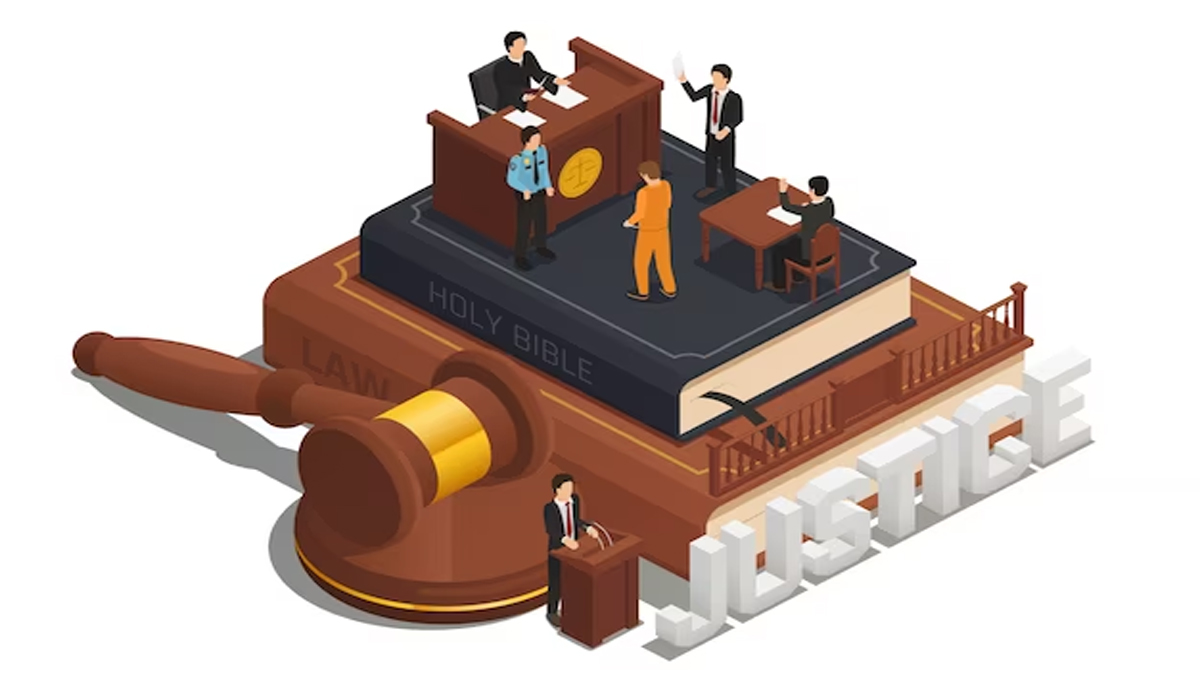Case Title: TATA Sons Pvt. Ltd. (Formerly TATA Sons Ltd) versus Siva Industries and Holdings Ltd & Ors (2023)
Overview of the Case:
The case involves a dispute between TATA Sons Pvt. Ltd. (formerly TATA Sons Ltd.), the applicant, and Siva Industries and Holdings Ltd. and other respondents. The applicant initiated arbitration proceedings in 2017, leading to a petition under Section 11(6) of the Arbitration and Conciliation Act, 1996, seeking the establishment of an arbitral tribunal through the Supreme Court.
Background:
In 2006, TATA Sons Pvt. Ltd. (the applicant), Siva Industries and Holdings Ltd. (respondent no. 1), and Tata Tele Services Ltd. (TTSL) executed a Share Subscription Agreement involving the issuance and allocation of TTSL shares to respondent no. 1. Subsequently, the applicant, TTSL, and NTT Docomo Inc. (Docomo) entered a share purchase agreement wherein Docomo acquired TTSL equity shares from respondent no.
1. The rights and responsibilities related to Docomo’s ownership of TTSL shares were documented in a Shareholders’ Agreement (SHA) signed by the three parties.
Further agreements were established among the parties, including an Inter se Agreement, which obligated the respondents to acquire TTSL shares in proportion if Docomo exercised its sale option under the SHA. Disputes led to arbitration proceedings initiated by Docomo, ultimately directing the applicant to acquire Docomo’s shareholding in TTSL and make necessary payments.
The applicant’s claim against respondent no. 2 (Mr. C. Sivasankaran) was based on the Inter se Agreement, holding him liable when respondent no. 1 failed to fulfill obligations. The applicant issued an arbitration notice in 2017 due to disputes, and when the respondents failed to appoint an arbitrator, the applicant petitioned the Supreme Court under Section 11(6) of the Act to establish an arbitral tribunal, especially because respondent no. 2 was a foreign citizen.
The Supreme Court appointed a Sole Arbitrator, (Retd.) Mr. Justice S.N. Variava, who received a time extension of six months for the arbitral award’s delivery, valid until August 14, 2019. Amidst these proceedings, insolvency proceedings by IDBI Bank Ltd. against respondent no. 1 led to a moratorium on all proceedings, including arbitration. The moratorium was lifted in June 2022.
Considering the amendments to Section 29A of the Arbitration and Conciliation Act introduced in 2019, the applicant requested the Supreme Court to allow the Sole Arbitrator to proceed without requiring an extension of time, arguing that the amended Section 29A(1) shouldn’t apply to international commercial arbitrations.
Key Issues:
- Is the time limit specified in the amended Section 29A of the Arbitration Act applicable to international commercial arbitration?
- Does the amended Section 29A of the Arbitration Act have retrospective application?
Court’s Observations and Ruling:
The Supreme Court analyzed the wording changes in Section 29A between the 2015 and 2019 Amendment Acts, concluding that the legislature’s intent was to exclude international commercial arbitrations from the mandatory nature of the section. The Court held that while it’s obligatory to render an arbitral award within 12 months for domestic commercial arbitration, the language change indicated a non-mandatory approach for international commercial arbitration.
The Court cited a committee report that criticized the 2015 Act’s timelines for international arbitration, suggesting that arbitral institutions should manage proceedings. It further clarified that sub-Sections 3 and 4 of Section 29A were intended for domestic arbitrations where the mandatory award time limit was 12 months, which wasn’t applicable to international cases.
Regarding the retrospective application of the 2019 Act, the Court considered precedents and noted that the amendment didn’t create new rights or obligations. The Court ruled that the amendment aimed to limit judicial intervention and applied retrospectively, given the absence of provisions against retrospective application.
The Court cited a Delhi High Court decision (ONGC Petro Additions Ltd v. Ferns Construction Co Inc) that found Section 29A of the 2019 Act applicable to ongoing arbitrations as of August 30, 2019.
Ultimately, the Supreme Court ruled that Section 29A(1) of the Arbitration Act, 2019, is applicable retrospectively. The Court also indicated that the Sole Arbitrator should decide on any need for further extension and strive for expeditious arbitration.
